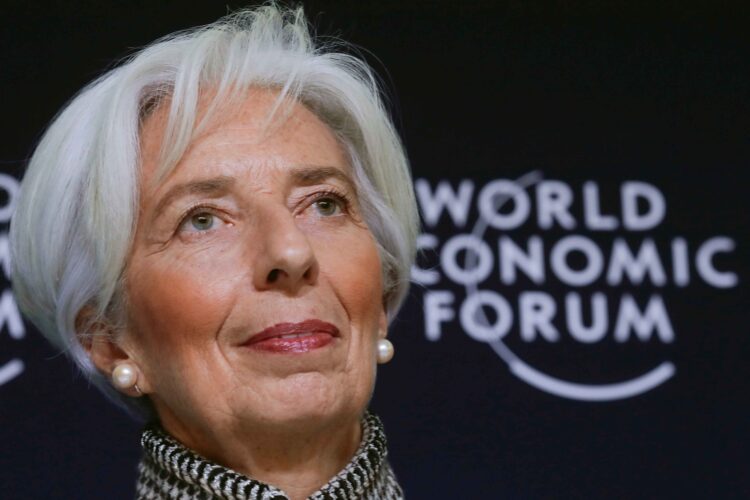Christine Lagarde, the President of the European Central Bank (ECB) announced that the “preparation phase” for creating a Central Bank Digital Currency (CBDC) in Europe has begun.
“The digital euro is on the move. Yesterday, the governing council of the ECB approved the opening of the preparation phase,” Lagard said in a video posted to X. “All European institutions will be involved to make sure that Europe with the currency of the future.”
The euro is key to our European unity. A digital euro, existing alongside cash, would future-proof our currency. It would be safe, easy to use and free of charge.
While the decision whether to issue a digital euro will be taken later, we’re now launching the preparation phase. pic.twitter.com/fs81p7otVW
Lagarde promised that cash is “here to stay” and that EU citizens will have “all options: cash and digital cash.” However, she stressed cashless currency would be “easy to use.”
Her caution around the messaging is indicative of her awareness of the widespread skepticism that surrounds CBDCs, which are thought to be a tool for the global financial system to gain more control.
(RELATED: G20’s Hidden Agenda: Digital ID and CBDC Initiatives)
In a different post, Lagarde linked to webpage from the ECB elaborating on her announcement.
We need to prepare our currency for the future. While we haven’t yet decided whether to issue a digital euro, we’re getting ready. We envisage a digital euro as a digital form of cash that can be used for all digital payments, coexisting with physical cash, leaving no one behind. https://t.co/IQuBbGXw82
The page explains that the ECB has started the preparation phase because the “investigation phase” came to a close. It concluded that a digital euro would be a desirable alternative to cash and would be supervised by “intermediaries” like banks. A report summarizing the findings of the Eurosystem’s analysis was published yesterday.
Learn the benefits of becoming a Valuetainment Member and subscribe today!
One of the main reasons for adopting digital currency, according to the report, is privacy. Paying digitally, according to the European Central Bank, “offer[s] the highest possible protection of privacy.” Yet it also promotes digital currency on the basis that it is “risk-free” in the sense that it is immediately accountable by central banks’ legal tender and is thus “stable.”
The point here seems to be that credit card payments and other private bank transactions come in the form of indefinite I-O-Us, and makes it hard for Central Banks to know how much money is being exchanged.
These two points seem to contradict each other. How can they promise both privacy and greater means of payment tracking? It would seem the ECB is promising privacy from third-party, non-institutionalized parties but not necessarily from the government.
Lagarde casually predicted the collapse of the international financial order at the Central Bank conference in Jackson Hole, Wyoming in August.
“There are plausible scenarios where we could see a fundamental change in the nature of global economic interactions,” she said, adding that traditions among Central Bankers and the financial elite were fracturing and could no longer be taken for granted. The global situation could be entering a “new age” where “past regularities may no longer be a good guide for how the economy works.”
Under anonymity, a financial analyst told Politico that Lagarde’s words were “not the natural thing for a central banker to say, in the sense that they typically don’t go for the tail-risk as a baseline.” The analyst was said to be speaking “nervously,” adding: “Maybe she doesn’t realize what an unusual communication it is for a central banker — or maybe she knows something we don’t.”
Watch Patrick Bet-David break down what CBDCs are and how transnational institutions seek to impose them in these two videos:


















Add comment